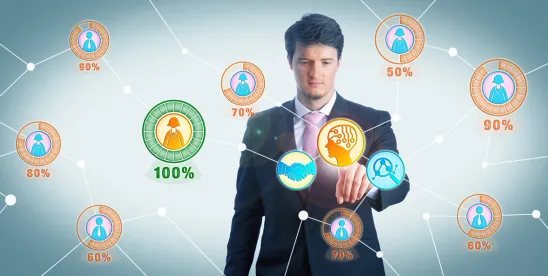In a significant move to regulate artificial intelligence (AI) in the workplace, the Illinois Legislature amended the Illinois Human Rights Act (IHRA or “the Act”) to address the growing use of AI at various points throughout the employment process.
Under House Bill 3773, effective January 1, 2026, Illinois will protect prospective and current employees from discriminatory AI practices during recruitment, hiring, promotion, renewal of employment, selection for training or apprenticeship, discharge, discipline, and tenure as well as the terms, privileges, and conditions of employment. The amendment also prohibits the use of zip codes as a proxy for protected classes.
As amended, employers are required to notify employees of the use of AI at any of these touchpoints throughout the employment process. However, the amendment does not provide specific notice requirements or prescribe affirmative steps employers must take to prevent discriminatory outcomes as a result of using AI. Rather, the amendment simply states that the Illinois Department of Human Rights (IDHR) will adopt rules to implement and enforce these new standards at an undefined future date.
Illinois has remained at the forefront of workplace AI regulation since passing the Illinois Artificial Intelligence Video Interview Act in 2019, which requires employers to disclose and obtain consent for the use of AI in analyzing video interviews. Since this time, a growing number of cities and states have joined Illinois in expanding regulatory frameworks governing the use of AI in the employment process. Alongside Illinois, Colorado passed a similar law requiring employers to use “reasonable care” to protect Colorado residents from known or foreseeable risks of “algorithmic discrimination.” New York City has also passed legislation requiring employers to conduct “bias audit[s]” within one year of the use of AI tools and provide certain notices to employees or prospective candidates.
Employers should comprehensively evaluate their employment process and algorithms to determine whether and how AI is used to evaluate prospective and current employee information at any point throughout the employment process.





 />i
/>i
